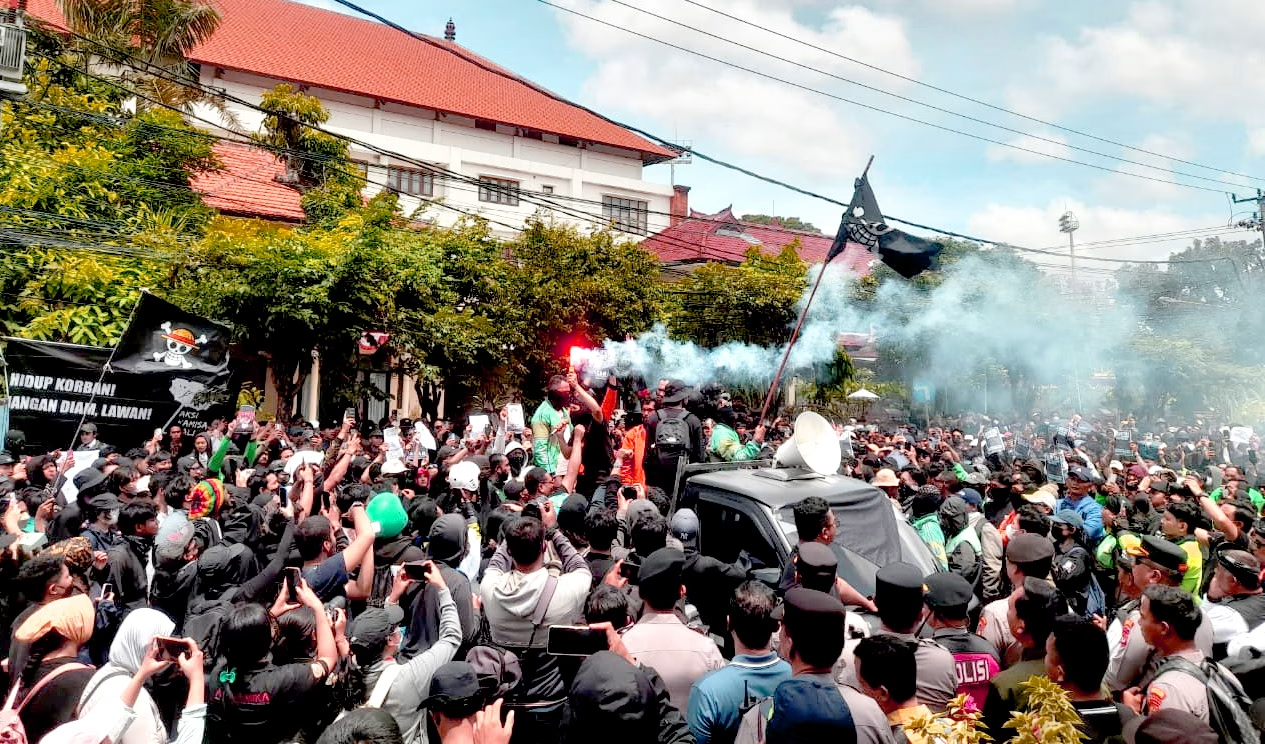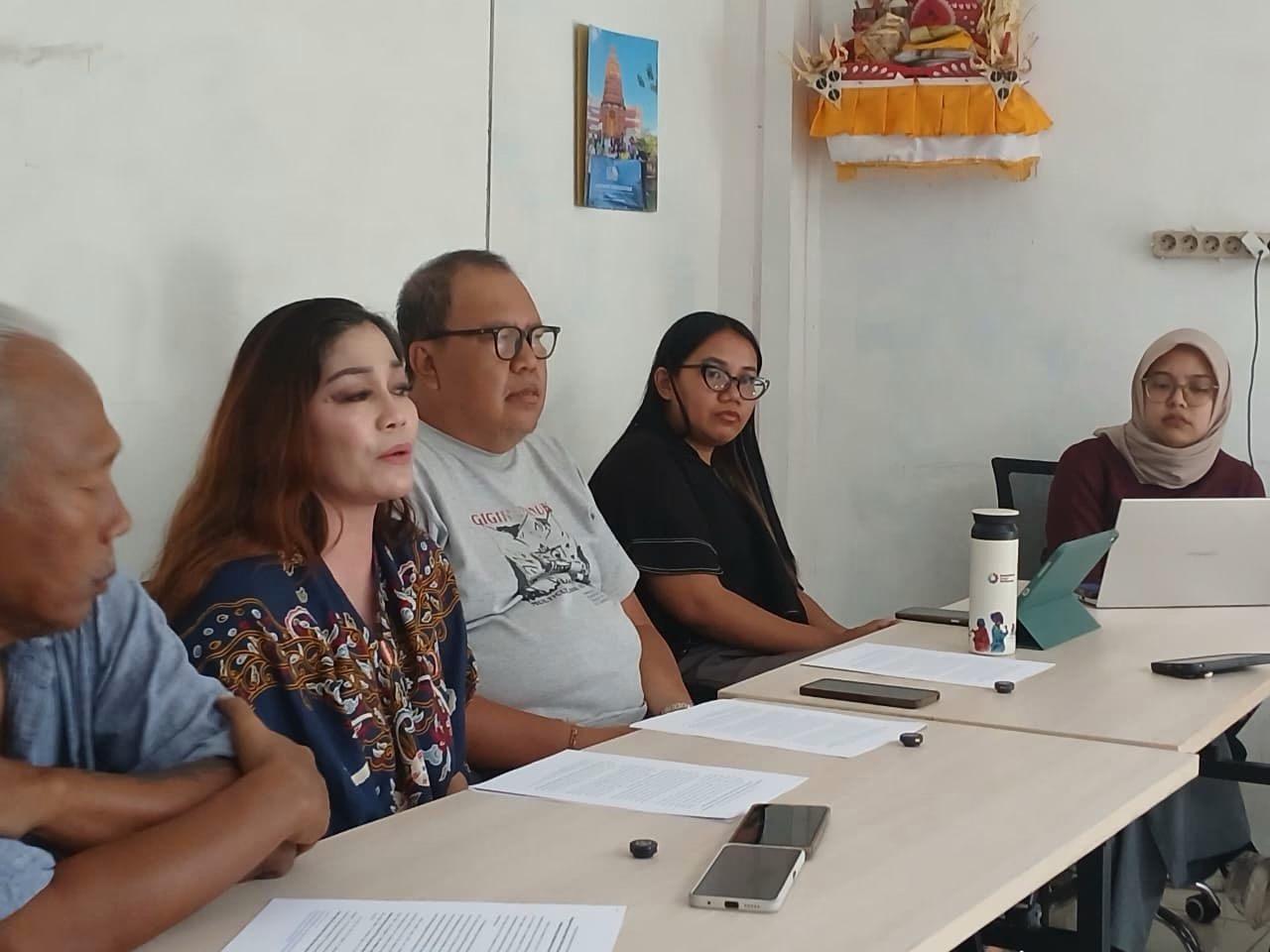
Bali Unrest – Economic discontent shatters the island’s tranquil veneer, as officials deflect blame onto “non-native” protestors, igniting fears of social division and a authoritarian turn.
A Clash of Narratives: Stability vs. Struggle – Bali Unrest
A profound crisis of governance is fracturing the tranquil image of Indonesia’s premier tourist destination. On the streets of Bali, popular discontent over a severe economic squeeze is colliding with an official government narrative of order and progress, exposing deep tensions that threaten the social fabric of this diverse nation.
The immediate trigger was a demonstration on August 30th, where citizens gathered to voice fury over policies they argue are crippling their livelihoods: a staggering 3,569% increase in local taxes, chronic waste management failures, suffocating traffic, and a cost of living soaring far beyond wages.
The Official Response: Deflection Through Division – Bali Unrest
Yet, the government’s reaction has swiftly shifted the conversation from one of economic grievance to a dangerous debate about identity and belonging. Statements from Bali’s most senior officials have ignited a firestorm of criticism. Governor I Wayan Koster and the Bali Police’s Chief of Operations, Kombes Pol Soelistijono, implied the protests were not the work of “real Balinese,” focusing on the origins of those detained rather than their complaints.
Chief Soelistijono’s viral comment—”We all believe that those originally from Bali would not want to create chaos…”—has been widely condemned as a blatant attempt to deflect from policy failures by resorting to racist scapegoating.
Civil Society Backlash: A Defense of Democratic Ideals – Bali Unrest
This tactic has drawn a stern rebuke from a coalition of 46 civil society groups, the Equal Citizens Forum (ForWaras). In a powerful statement, they accused the officials of violating Indonesia’s foundational principle of “Pancasila,” warning their rhetoric “has the potential to cause discrimination and horizontal conflict.” They have called for formal investigations, arguing such language deliberately obscures legitimate democratic demands and legitimizes repressive police action.
This incident on the ground stands in stark contrast to the serene picture of normalcy emanating from the capital. From Jakarta, Professor Dr. Werdhi Sutisari recently dismissed talk of a “public trust crisis” as mere political “framing,” asserting that government reforms and aid programs are effectively serving the people.

The Core Tension: Two Realities, One Nation
This duality reveals a central tension in modern Indonesian politics. The central government promotes a top-down story of stability and reform, while many on the ground experience a different reality of economic strain and bureaucratic indifference.
When citizens protest, the reaction—as seen in Bali—risks becoming not just dismissive, but actively divisive.
For a global audience, the events are a stark reminder that the world’s third-largest democracy is navigating a precarious path. The officials’ statements echo a familiar global playbook: redirect public anger towards marginalized “outsiders” rather than address complex, homegrown policy failures.
A Test for Indonesian Democracy
The situation presents a critical test for Indonesia’s cherished national motto, “Bhinneka Tunggal Ika” (Unity in Diversity). Bali itself is a global crossroads, an economy built on welcoming outsiders. To question the “Balinese-ness” of residents based on their names strikes at the heart of that identity.
The world is not just watching a local dispute over taxes, but a struggle for the soul of Indonesian democracy. The risk is that by framing legitimate dissent as the work of “outsiders,” the government sows social conflict and moves away from accountability.
The future of Indonesia’s democracy will be determined by whether it chooses to tackle its challenges through inclusive dialogue and reform, or through the age-old tactics of division and repression. The credibility of its institutions hangs in the balance.
“The real measure of leadership is not how it manages prosperity, but how it responds to pressure. Bali’s protests show that when economic justice is ignored, even the world’s most celebrated destinations can lose their balance.”
— Giostanovlatto, Founder of Hey Bali
This article was reported and written by Fery Fadly and Giostanovlatto, journalists of Bali Today News, for timebusinessnews.com.

